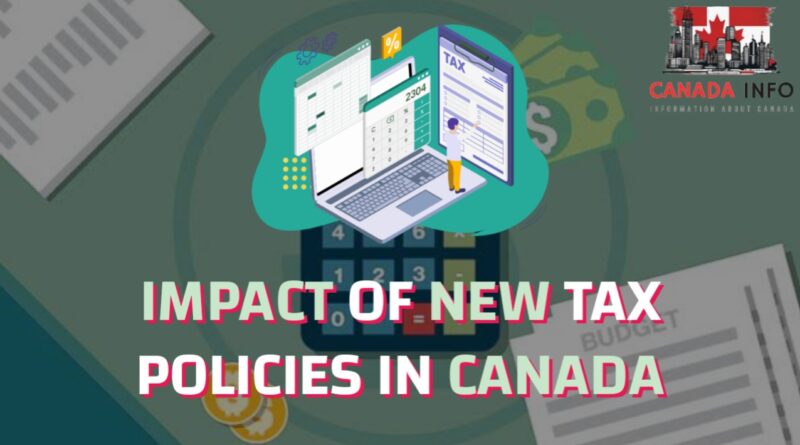Tax System in Canada Structure and Fundamental Principles
The Canadian income tax system is a comprehensive framework designed to collect revenue for the government while ensuring fairness and equity among taxpayers. Understanding its structure, principles, characteristics, and types of taxes is crucial for individuals and businesses operating within Canada’s borders.
Structure of the Canadian Income Tax System:
The Canadian income tax system is structured hierarchically, with various levels of government responsible for different aspects of taxation. At the federal level, the Canada Revenue Agency (CRA) administers and enforces tax laws established by the federal government. Provinces and territories also have their own tax systems, with separate tax authorities overseeing their implementation and enforcement.
Principles Underlying the Canadian Tax System:
The Canadian tax system is primarily based on the principles of equity, efficiency, simplicity, and adequacy. Equity ensures that taxpayers contribute to government revenue based on their ability to pay, with progressive tax rates applied to higher income brackets. Efficiency aims to minimize distortions in economic behavior caused by taxation, while simplicity seeks to streamline tax compliance and administration processes. Adequacy ensures that tax revenues are sufficient to fund government programs and services effectively.
Characteristics of the Canadian Tax System:
Several key characteristics define the Canadian tax system. Firstly, it is progressive, meaning that tax rates increase with income levels to redistribute wealth and promote social equity. Secondly, it is based on self-assessment, requiring taxpayers to accurately report their income and deductions to the tax authorities. Thirdly, the tax system provides various credits, deductions, and exemptions to incentivize certain behaviors, such as charitable donations or investments in specific industries. Lastly, the Canadian tax system is subject to ongoing legislative and administrative changes to adapt to evolving economic and social conditions.
Types of Taxes in Canada:
- Income Tax: Levied on individuals, corporations, and trusts based on their taxable income. It is the primary source of revenue for the federal government and most provinces and territories.
- Goods and Services Tax (GST)/Harmonized Sales Tax (HST): A consumption tax levied on the supply of most goods and services in Canada. The GST is administered by the federal government, while the HST combines the GST with provincial sales taxes in participating provinces.
- Corporate Tax: Imposed on the profits of corporations operating in Canada, with separate rates for federal and provincial/territorial jurisdictions.
- Property Tax: Assessed on the value of real property, such as land and buildings, by municipalities to fund local government services and infrastructure.
- Excise Tax: Applied to specific goods and services, such as alcohol, tobacco, gasoline, and luxury items, to discourage consumption and generate revenue for the government.
Understanding the structure, principles, characteristics, and types of taxes in Canada is essential for individuals and businesses to navigate the complex landscape of taxation effectively. By staying informed and complying with tax obligations, taxpayers can contribute to the functioning of the Canadian economy and society while minimizing their tax liabilities.

